Reverse Your Thinking
Retirement Mortgages
A retirement mortgage is designed for your stage in life helping prepare you for retirement while addressing your overall financial goals. It takes advantage of your most powerful asset – YOUR HOME.
A retirement mortgage is designed for your stage in life helping prepare you for retirement while addressing your overall financial goals. It takes advantage of your most powerful asset – YOUR HOME.
A retirement mortgage is designed for your stage in life helping prepare you for retirement while addressing your overall financial goals. It takes advantage of your most powerful asset – YOUR HOME.
Reverse Mortgage Insured by the Federal Government
A reverse mortgage may be a safer option than a traditional mortgage or line of credit. Here is why:
Read about additional mortgage solutions available to homeowners above the age of 55.
How a reverse mortgage created a huge benefit for one couple.
Edward and Mary are a retired married couple in their 70s. They own a home worth $400,000 and owe about $100,000 on their mortgage. Their monthly payment runs $1,200. If either Edward or Mary passes on, the surviving spouse is left in a difficult financial situation with lowered Social Security benefits.
The couple decided on a reverse mortgage to get rid of their monthly mortgage payment. It protects Edward and Mary from financial disaster should one of them require long-term care or pass away, and frees up money for the home improvement projects they’ve been wanting to take on.
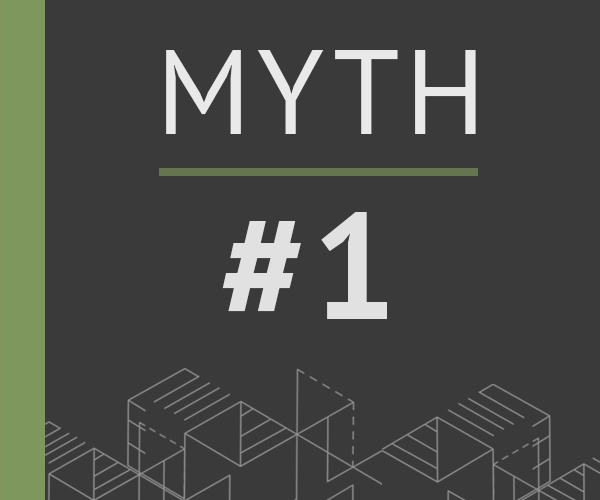
A reverse mortgage is a loan of last resort for desperate people.
Reverse mortgages have evolved from strictly a needs-based product to a solution that many financial planners recommend as an important component of a comprehensive retirement plan and a retirement income strategy. Among the reasons people use a reverse mortgage are the ability to supplement income and increase monthly cash flow, increase access to liquid assets, extend the life of other financial assets, minimize income taxes, and gain financial flexibility in retirement.
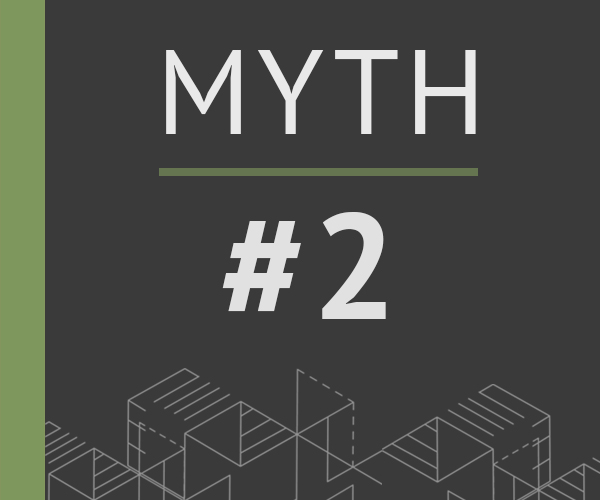
When you get a reverse mortgage, the bank owns the home, you no longer do.
This is by far the number one misconception that people have. The truth is a homeowner retains title and 100% ownership with a reverse mortgage.
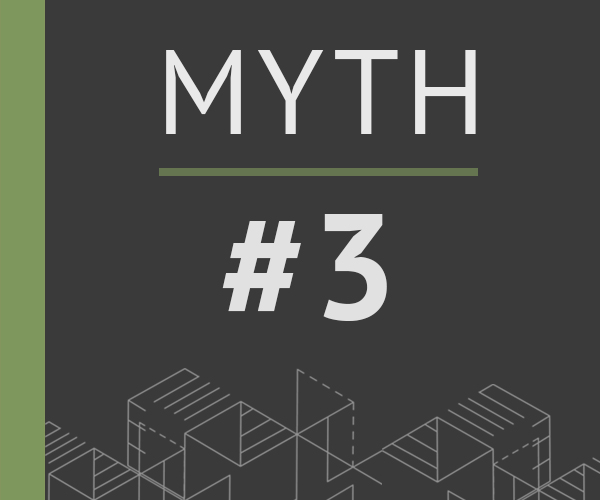
The bank gets your home when you pass away and not your children or other beneficiaries.
When a homeowner passes away, their ownership interest goes into their estate or is transferred to the joint tenant the same as if there were not a reverse mortgage on the property.
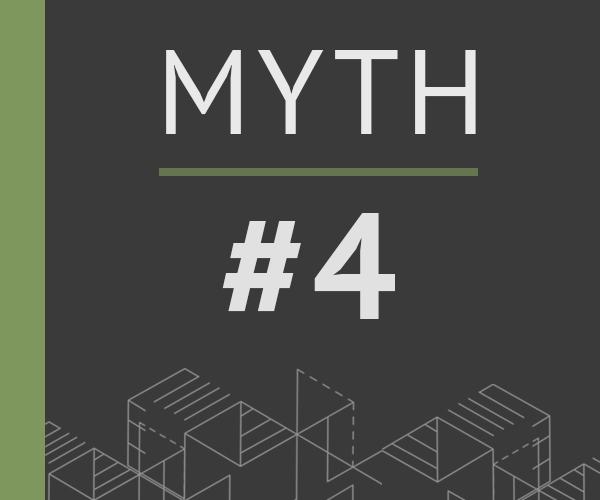
My kids or other beneficiaries will be on the hook for a big liability.
Borrowers can leave their home to their kids or other beneficiaries. When the borrowers pass away, the beneficiaries have the same options as they do if there is a regular mortgage on the property. Additionally, a reverse mortgage is non-recourse so the beneficiaries are never responsible under a reverse mortgage.
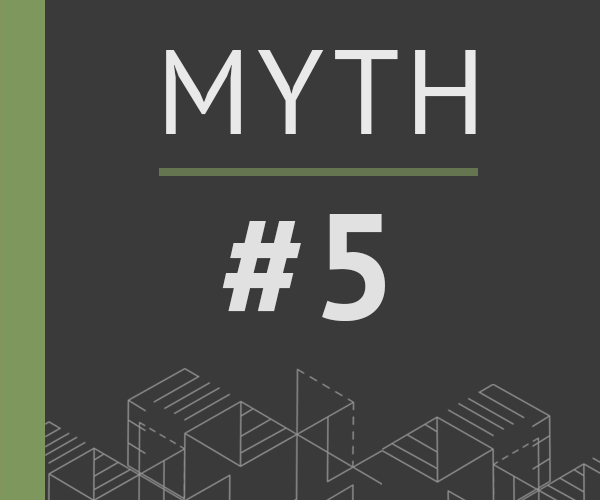
The bank can foreclose if you owe more than the house is worth.
The only requirements to remain in the home are that the property taxes and insurance are paid, the HOA dues (if applicable) are current, the house is reasonably maintained, and that the last surviving borrower or an eligible non-borrowing spouse does not vacate the house for more than 12 consecutive months. Even if you owe more than the house is worth, the bank CANNOT foreclose if you continue to meet these requirements.
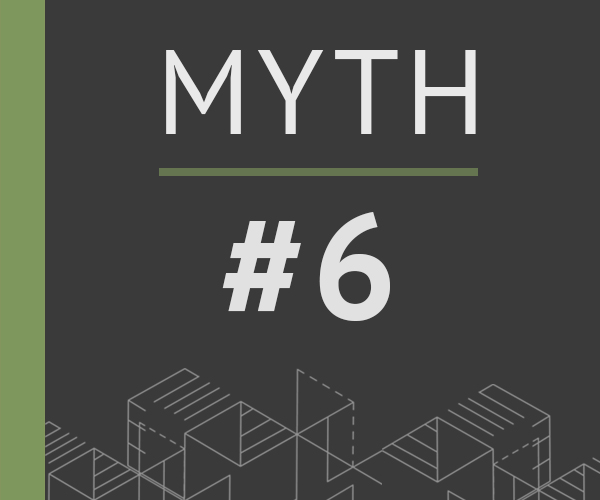
You can only get a reverse mortgage if you do not currently have a mortgage.
One of the primary benefits of a reverse mortgage is the planning opportunity that exists if there is not a current mortgage on the property.
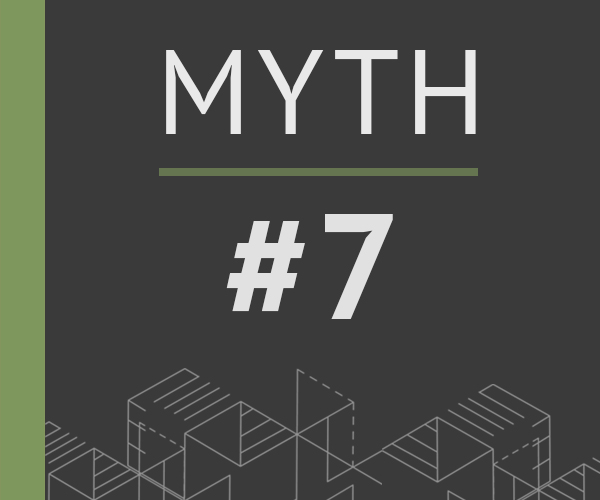
My spouse can be forced to move out of the home if I die.
Borrowing spouses and eligible nonborrowing spouses can remain in the home after the co-borrower or the primary borrower passes away. The spouse only needs to continue to meet the conditions of the loan (see myth 5). In many ways this provides more protection than a regular mortgage. This factor is one of the prime non-financial benefits of a reverse mortgage.
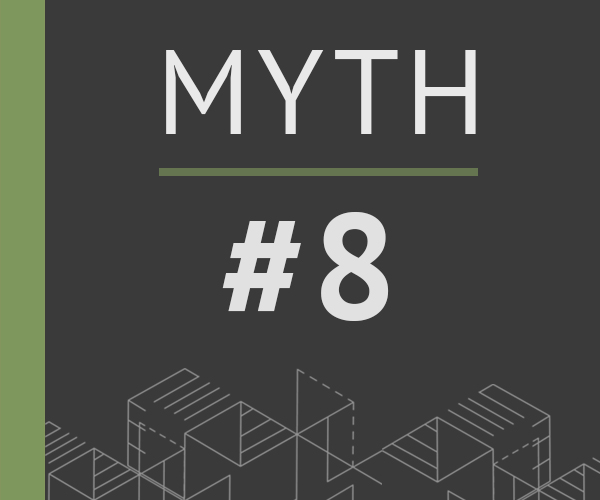
I cannot ever sell my house if I have a reverse mortgage.
While a reverse mortgage is better suited for people who plan to remain in the home long-term, if circumstances change the home can be sold at any time. You simply sell the home, pay off the balance with the proceeds of the sale, and the remaining equity is yours to keep. No different than any other mortgage. A reverse mortgage does not have a prepayment penalty.
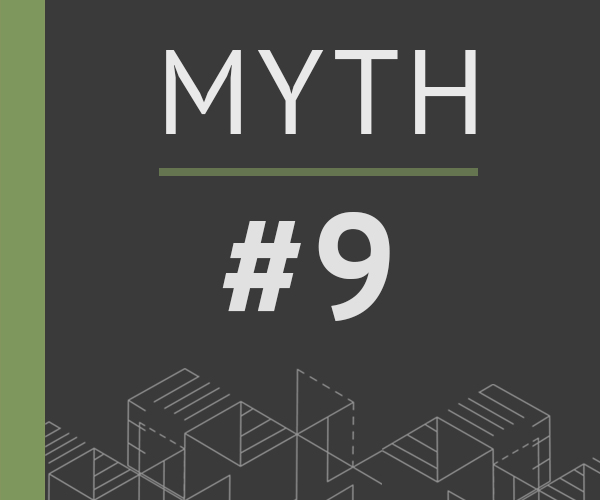
Social Security and Medicare will be affected.
A Reverse Mortgage will not have any effect on your Social Security payments or Medicare benefits. However, there could be an impact on Medicaid or other public assistance programs that are means tested. Talk to your adviser to make sure you fully understand the impact if you have means tested benefits.
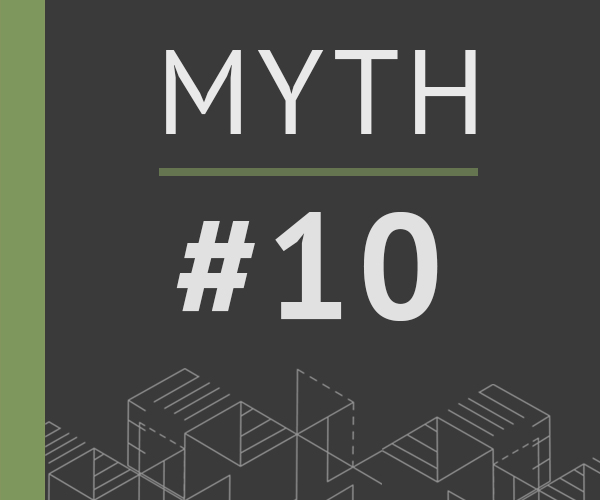
I will have to pay taxes on the money I get from a reverse mortgage.
The proceeds from a reverse mortgage, whether paid in a lump sum or periodically, are not subject to income tax. Consult a tax advisor for more information.
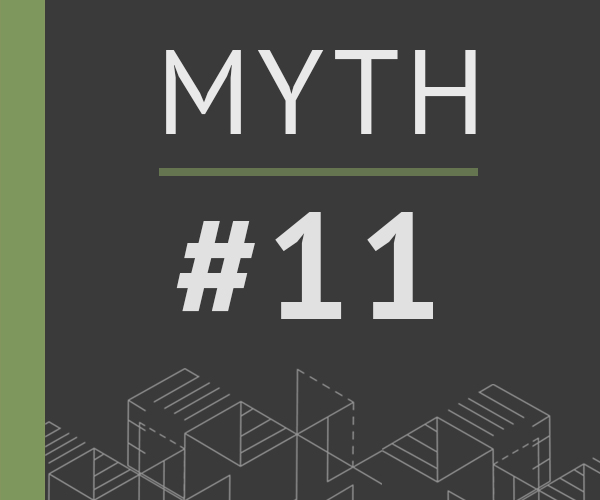
Reverse mortgages are extremely costly.
The fees will vary depending on the type of reverse mortgage selected and the strategies that are being pursued. In some (not all) cases the costs will be higher than a traditional mortgage, however, the benefits can be much more significant than a traditional mortgage as well. A cost benefit analysis can be analyzed once there is an understanding of the benefits that can be derived. In most cases, the borrower will include the costs associated in the loan amount and will not have any out-of-pocket costs.
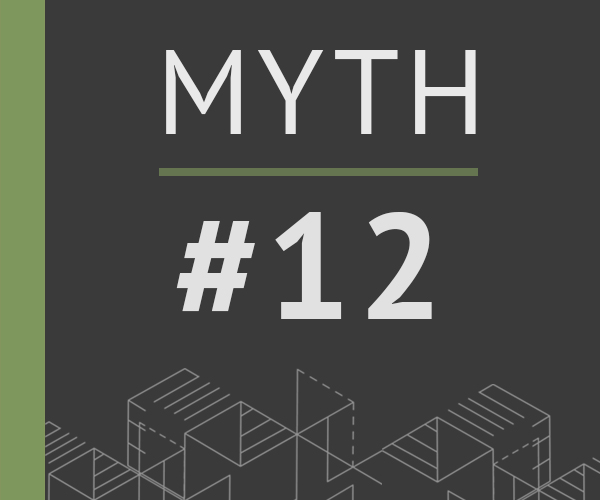
Reverse mortgage interest rates are higher.
Reverse mortgages are guaranteed by the Federal Housing Authority (FHA). FHA interest rates on a reverse mortgage are comparable to traditional mortgage rates.
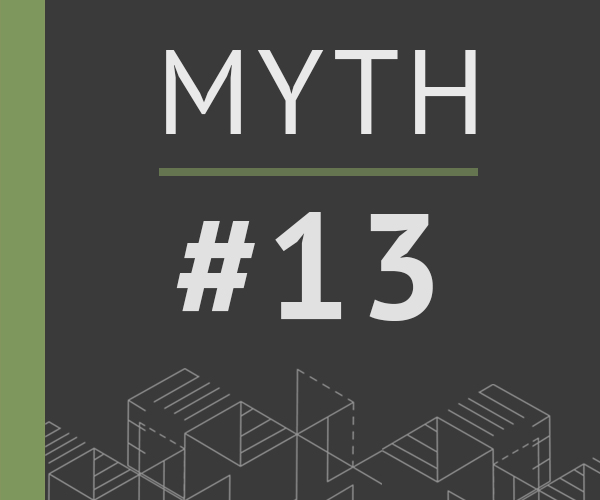
Reverse mortgages have hidden risks that can cost you your home.
The terms of a reverse mortgage are very clear. A borrower must pay their property taxes, homeowner’s insurance, keep the property in good repair and must maintain the property as their primary residence. These obligations are not hidden. In fact, it can be argued that a regular mortgage carries substantially more risk of losing the house than a reverse mortgage.
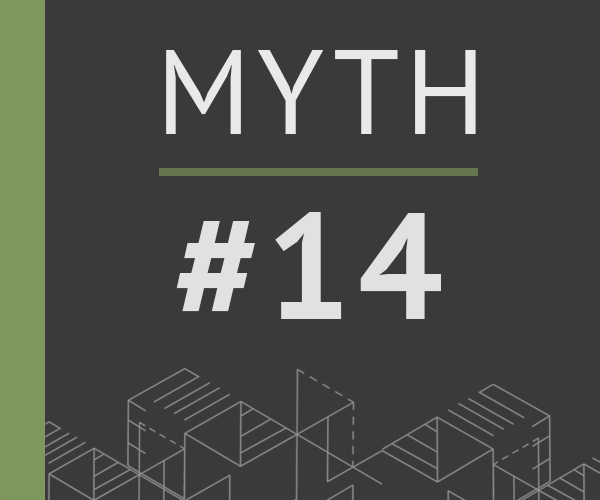
A reverse mortgage will use up all my equity and reduce the amount available for inter-generational wealth transfers to my kids, grandkids or other beneficiaries.
When used in a strategic manner, the use of a reverse mortgage can result in a greater ability to pass on wealth since it can be used to preserve other financial assets that can continue to grow.

A reverse mortgage that is used to purchase a home, downsize or upsize, relocate to be closer to family and friends, or to live in a warmer climate.
The benefits of a reverse purchase mortgage are:

Proprietary reverse mortgages are offered by private lenders and are not guaranteed by the federal government like the Home Equity Conversion Mortgage (HECM).
They are also referred to as jumbo reverse mortgages since the maximum loan amount is 4 million, substantially more than a HECM.
Features of a reverse purchase mortgage are:

An alternative that leaves a low rate first mortgage in place but gives the homeowner access to their equity (cash) without the burden of having to make a monthly payment for the amount borrowed or the burden and cost of refinancing.
The benefits of a reverse second mortgage are:

A new innovative hybrid mortgage for individuals 55 or older. Provides for a lower monthly payment for the first 10 years compared to a traditional mortgage. After 10 years the mortgage automatically converts to a reverse mortgage and monthly payments are not required for as long as the homeowner lives in the house.
Features of an equity avail mortgage are:
(Not available in every state.)
The entire process was timely and complete. The attention to detail was appreciated. Nicely done.” – Marv Achterberg
The reverse mortgage has enabled me to live on my pension without any worries. It has worked out well for me, I would recommend it to anyone in the market these days. – Dave W.